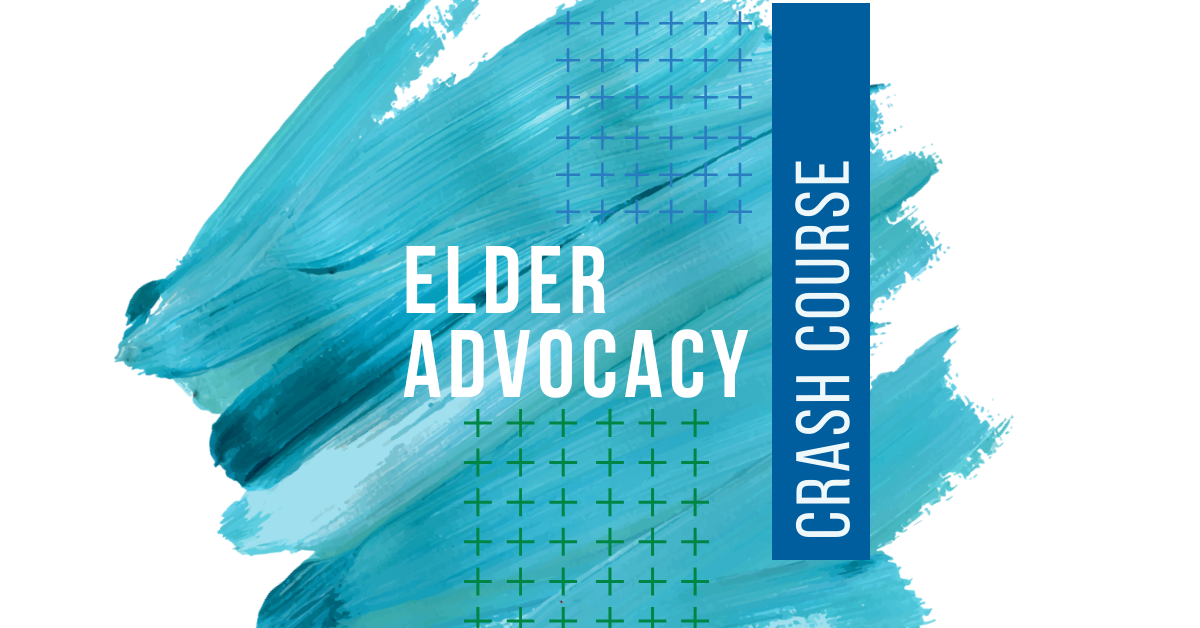
Do you work with the elderly in your profession? Are you a social worker, caregiver, or nursing home administrator? If you work with the elderly in your job, one of the most important roles you can fulfill is that of the informed advocate. The elders in our community are some of the most vulnerable among us. They are subject to exploitation, both by strangers and close friends and relatives. If they are in poor health, they are in need of care, as well as careful planning around how to pay for that care. This is why it’s so important that elders have advocates who understand their needs, challenges, and all possible solutions.
Are You Prepared to Advocate for the Elders in Your Care?
What does being an advocate mean? And when is it appropriate for you, as a care provider, to step in and advocate for the elders in your care? First, being an advocate means being informed. The more informed you are about the potential challenges elders may face, as well as the resources available to address these challenges, the better you are able to look out for the wellbeing of those in your care. When is it time to step in? This is a tricky one, and it’s one that’s best addressed on a case-by-case basis. However, an informed advocate is better prepared to notice early signs of potential challenges and to recommend taking action before any problems become too serious.
What Do You Need to Know to Be a Great Elder Advocate?
The range of issues that face elders is quite broad. They include legal matters, such as Medicaid/Medicare planning, planning for disability, and estate planning. They also include financial matters, such as paying for long-term care without depleting savings. Elders face challenges with access to medical treatment, nursing facilities, and in-home care. Issues including real estate ownership, abuse, and exploitation are also common. Does this mean you need to be an expert in every single issue area that may arise? Of course not. But, it does mean that you should at least be familiar with the challenges that can arise and be prepared to access the many resources that are available.
Medicaid and Medicare, for example, are particularly complex areas of law. Each system has a tangle of rules and regulations that can be difficult to navigate without help. In fact, mistakes in organizing an elder’s care under these programs can result in costly penalties to the patient and his or her family. Transitioning into a nursing home or other care facility is another great example. While this move presents logistic challenges for the elder and the family, it also has profound legal implications. An informed advocate is able to raise these matters with the family and point elders in the right direction to get help.
Interested in Learning More about Being a Great Elder Advocate?
Join Brian M. Douglas & Associates for our 2019 Elder Advocacy Crash Course. This one-day intensive training event covers everything you need to know to be a great elder advocate. From legal documents to veteran benefits to Medicare/Medicaid to long-term care planning, this truly is a crash course. Licensed social workers, nursing home administrators, case managers, and in-home caregivers can even earn five continuing education credits! Space is limited, so click here to grab a spot now.

